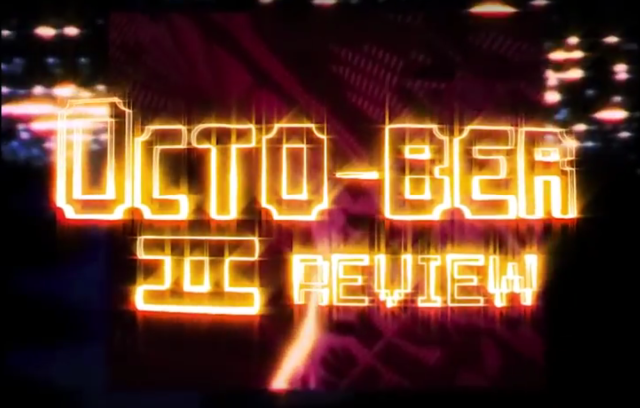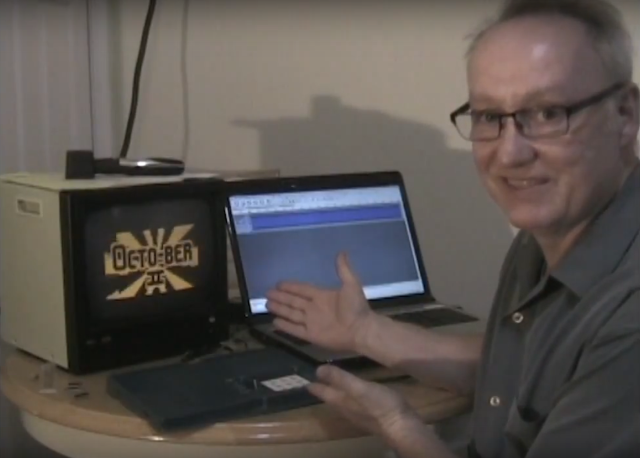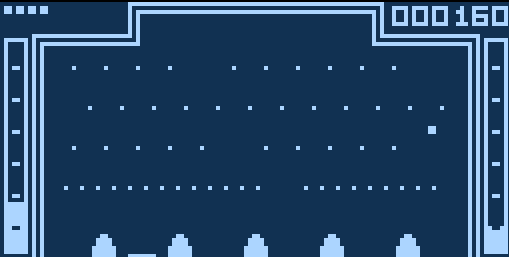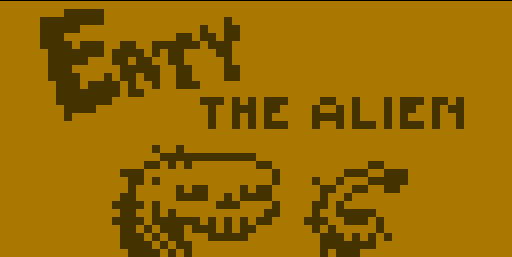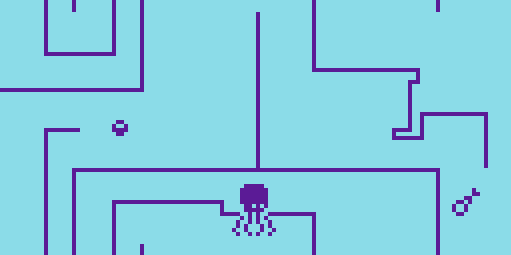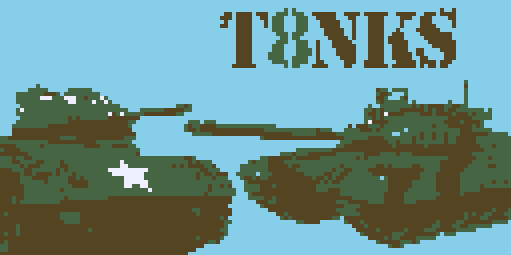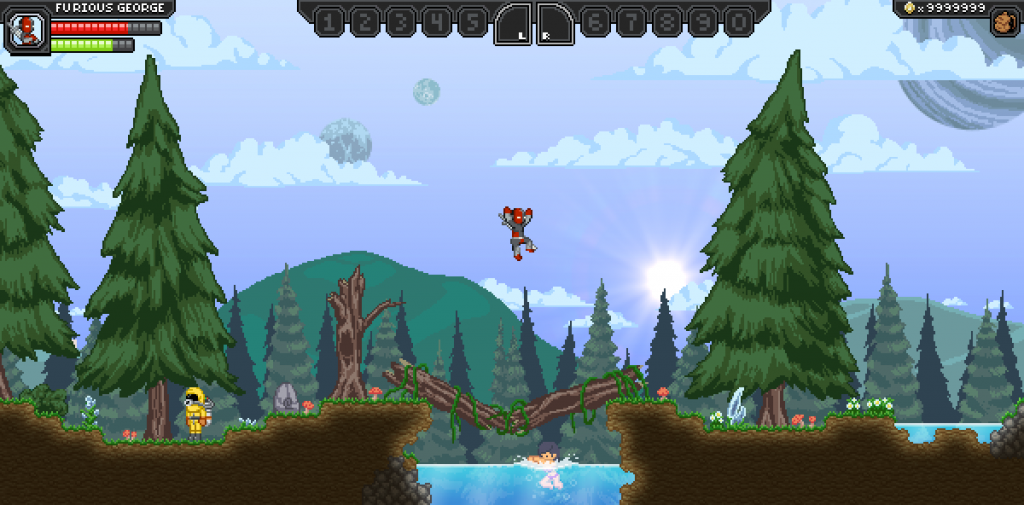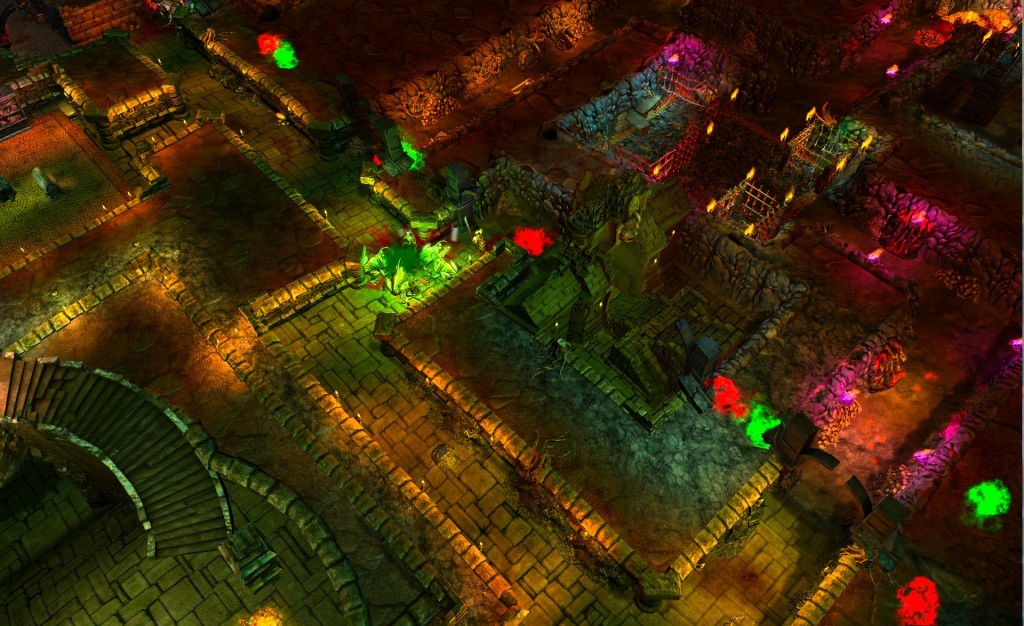So, 2015. What a year, eh? Let’s go over the fuckups, the foibles, and some of the nice points, shall we? Because it does highlight some things that need to change.
The Year Of Shoddy Releases
2015 has seen an increase in big budget releases that can best be described as “Rushed”, “Shoddy”, and, in some cases, “Laughable.” Arkham Knight’s release was, let’s face it, a trainwreck, and even after release, it was… Disappointing, to say the least. It says a lot that I had an entire article ready to say why I wasn’t going to review Arkham Knight even if it was properly fixed when WB said it would be, and… Well, that didn’t really prove necessary, because the sexist writing, shitty foreshadowing (I won’t say who the Knight is, but it’s really easy to guess), increased grind for the sake of padding (Hi, Inexplicably Jigsaw-Like Riddler!) and bugs (some of which, by all reports, persist to this day, much like Arkham Origins). Asssassin’s Creed: Unity has become almost memeworthy with how badly it ran on release, HoMM VII had its fair share of problems, Netcode problems abounded in games like Driveclub and CoD: Advanced Whatever The Hell The Word Machine Came Up With Today, and, overall, it’s been more notable when a AAA game has been relatively free of flaws (Alien: Isolation and The Evil Within… Note I said relatively.)
Of course, if it was just the bugs, I’d be okay. But unlike many of us, who have rightfully consigned Battlefield: Hardline to the deepest parts of the Styx, I remember how, on release, the game’s design disincentivised nonlethal play, and made a bunch of castings that could, in any sane universe, be called something like “Ever So Slightly Racist.” The Current Big Three (For they do seem to flux over the years) of EA, Ubisoft, and Warner Brothers… Are not doing so well. I highly suspect, although I cannot confirm, that refund requests have been the highest in recent memory as a result of these many and varied fuckups.
It wouldn’t entirely be fair to say it’s all them, though. I’ve seen the graphical glitches of Sunset, and the inconsistent writing. I’ve seen Hidden Object Puzzle Adventures not only not improve, but actually get worse. 17 flowers and 12 gems over three screens, Mystery of A Lost Planet? Some of which are extremely pixel hunty, or right next to the sodding UI? Or perhaps Contract With The Devil, whose conflict between writing and aesthetic, and lack of colorblindness support, led to a five minute long rant on twitter? Budget does not excuse poor puzzle design. It doesn’t excuse a lack of such a basic accessibility feature as colorblindness support (Although it helps not to pick two extremely similar colours for your “Make all the colours not touch each other” puzzle.) It definitely doesn’t excuse the fact that of the HOPAs I’ve seen this year, I can count on one hand the ones where somebody isn’t damselled, and, much like Princess Peach in Mario 1, disappears for the majority of the game, leaving the player not a single fuck to give. And, of course, there’s the actual shovelware. I’m not going to name names, but there’s been an absolute slew of… Well, tat. It’s by no means limited to AAAs and AAs, although that’s where it’s most visible.
You can stop pretending everything is fine, games industry. It’s really not, it’s just that up till relatively recently, there hasn’t been as much scrutiny. Speaking of scrutiny…
Rise (And Fall… And Rise… And Fall) Of The Internet Shitlords
If games existed in a vacuum, some strange, objective reality where only the games themselves were there, judging each other, this probably wouldn’t have been a topic. But no, human beings, overall, have also somehow managed to become shittier. Except, once again, it wasn’t so much the fact that humans actually have gotten shittier, more that it’s gotten, like the games industry, to the point where it’s obvious. You’d think I was referring to Hashtag Fucking Gooble Grump (Pretty much every person involved with the games industry knows what I’m referring to, although I know most folks outside that circle neither know nor give two shits unless it affects them directly), but no… 2015 seemed to be the year where abusers and assholes, atheismugs and fanatics of various stripes have crawled out of the woodwork. Or rather, once again, people are finally noticing that this shittiness exists.
The DWP Disability Living Allowance Suicide Statistics. A veritable cornucopia of ill-justified police shootings. The continuance of “The War on Terror”, despite the fact it’s pretty much established we’re making more people terrorists by doing so. I could go on, and on, and on, and on about the shittiness, the broken-ness… But let’s talk celebrity for a second. Let’s talk Star Citizen. Let’s talk Early Access.
Star Citizen is, no bones about it, a dangerously ambitious game. It’s a risky investment, but it’s quite clearly making progress. Am I saying it’s going to succeed? Honestly, I have no fucking idea. I am not a game designer. But due to the level of investment people have put into the game’s development, and due to the fact that the transparency in the devblogs and broadcasts and the like show what a fustercluck the development of a big game is (And make no mistake, it’s not uncommon for big teams to get fusterclucky by their very nature), there’s a largely invisible Sonic Vs Mario type PR holy war, between the “Development is so slow, it has to be a scam!” crowd and the “This game is going to be the last word in video games, STFU!” crowd.
Naturally, prominent faces have arisen everywhere for all of these issues. None of them will be named. Few of them deserve to be named, because quite a few of them are the same as the extremists that have made 2015 such a depressing shithole for every other poor sod out there. Funnily enough, a litmus test of whether they’re worth listening to is the proportion and volume of such seemingly normal words and phrases as “Censorship”, “Free Speech”, and “But do you have PROOF?”
Net result: An internet ad world filled with misery and stupidity, with the usual cultural and fiscal inertia making governments and companies slow to react.
There’s A Light… Over At The Frankenstein Place…
Of course, there have been some awesome things happening. Undertale was pretty cool, subverting RPG tropes somewhat (Mainly in the story, and that not attacking is the way to the best ending.) More games are including women and PoC protagonists, diversifying. LGBT games are on the rise, further expanding the area that games can reach (Such as Read Only Memories, one of the few games I can think of this year that bothered to ask for your pronouns), and people are getting that game design is a holistic thing, at least in part because game making is, itself, becoming more accessible. People are starting to make moves on internet harassment, and shitlordery. Sites are beginning to realise what a pain in the arse ‘pretty numbers’ are becoming, and actual discussions of games industry ethics, employment practices, how the recession is affecting things (Make no mistake, we are still in a recession, and many EU countries are handling it… Er… In a similar way to the way they handled it last time (To no effect)), and accessibility issues.
There is light. But it needs to grow. So all the folks who are actually trying to make progress, to make games more accessible and interesting and talk about things that need talking about? Keep it up!
The folks who seem to think “Because it ‘worked’ before, it’s still working now, why won’t everybody realise this, shut up, and live in our perfect world?” Guess what. It didn’t really work before. It’s not actually working now, not even giving the appearance of working properly.
But let’s imagine, for a moment, this glorious future we could build. Games would actually be… GASP… Be more accessible than they are without being “dumbed down”! They could be cheaper, because they’re more tightly focused! And, because they’re reaching more people, and because less people are asking for refunds, and because they’re cheaper, more people would buy games, and talk about games. And in this bright future, they wouldn’t have to fear being dogpiled, or devalued because they’re the “wrong” shape or skin tone, or not following outdated binary gender preconceptions. And because they’re not afraid, the games could talk about more things too! And the people making games wouldn’t have to fear kneejerk reactions from their fans! Edutainment would be a proper thing again, but this time, with games that aren’t afraid to tackle subjects from different viewpoints! Oh, how glorious it would be, to have games that explore sexuality over the centuries, how it’s shifted and changed from culture to culture, from decade to decade. Or games about utopias! It’s a common (mis-)conception that a utopia, by its nature, is boring to write.
But think about this for a second… If it weren’t for the ending of Antichamber, the entire game would have been positivity, and encouraging you to beat its obstacles in a friendly manner, and telling you “Hey, at your own pace, my friend, it’s all good here!” Isn’t that… A utopia, of sorts? It’s certainly not a standard one, but hey, what’s standard in games? One of the first art games was about an alien bee-thing that did different things to flowers depending on where you touched them, and it had a score counter. The first “multi-media experience” was a C64 spinning-“plates”-and-dodging-things game narrated by Jon Pertwee, and with music by Ian Dury. Games could experiment. We could… Talk about them. With more people. And at least some of them, preferably a lot of them, would have interesting things to say that were cohesively designed, so even the “fun” games… We could learn from. And maybe… In discussing things… We’d find new ideas. Ideas like a good form of government, or using games to test the feasibility of colonising a new world… Games that weren’t just games, but humanity reaching out, with their collective minds, and saying:
Hey… Those stars aren’t actually that far away. And now that we’ve had a proper look at things? This world ain’t so bad after all, now that we’ve looked after ourselves properly. Let’s have a nice… Relaxing… Stretch… And enjoy everything…
In a truly ideal world, I would be out of a job, because we’d all be talking, comfortable and self aware and unafraid to explore other spaces. But I’m 100% okay with that, because my golden handshake would be… Participating in that world. And, okay, this is the 80s child in me, but it also has to have personal jetpacks of some description. If only to throw a jaunty two finger salute at Tomorrow’s World. See! We got them! Eventually!
Filed under: Culture by admin
Become a Patron!


